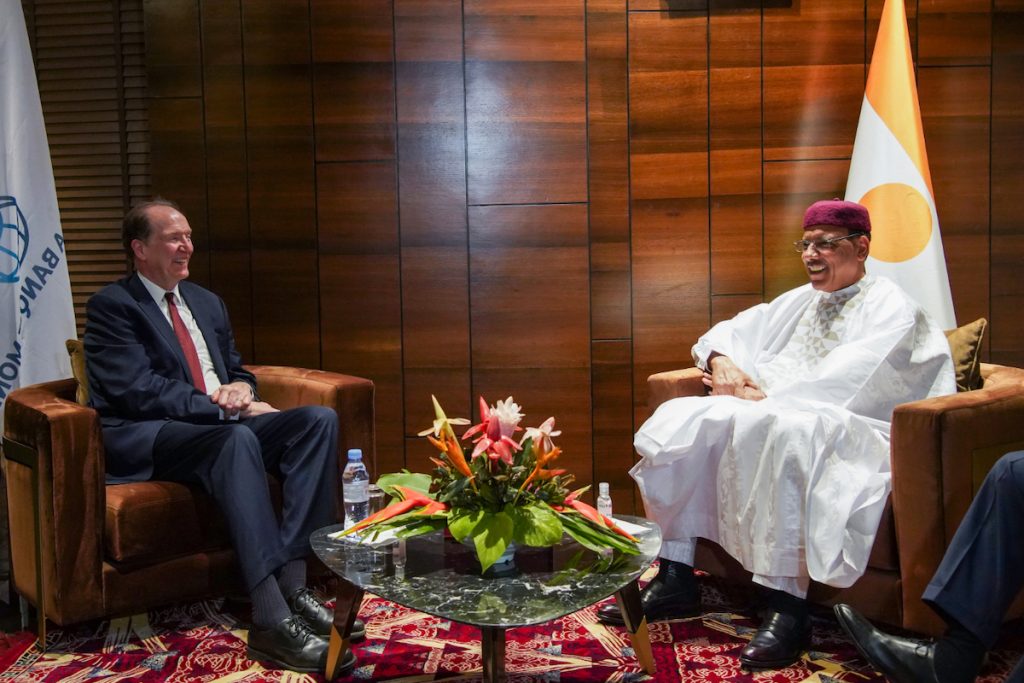
Military coup in Niger: The legacies of colonialism and the US War on Terror in West Africa
A closer examination of conflict connections and motivations reveals hidden agendas, geopolitical strategic moves, and the struggle for control in Niger.

A closer examination of conflict connections and motivations reveals hidden agendas, geopolitical strategic moves, and the struggle for control in Niger.

Insights from the 2023 African Governance Report.
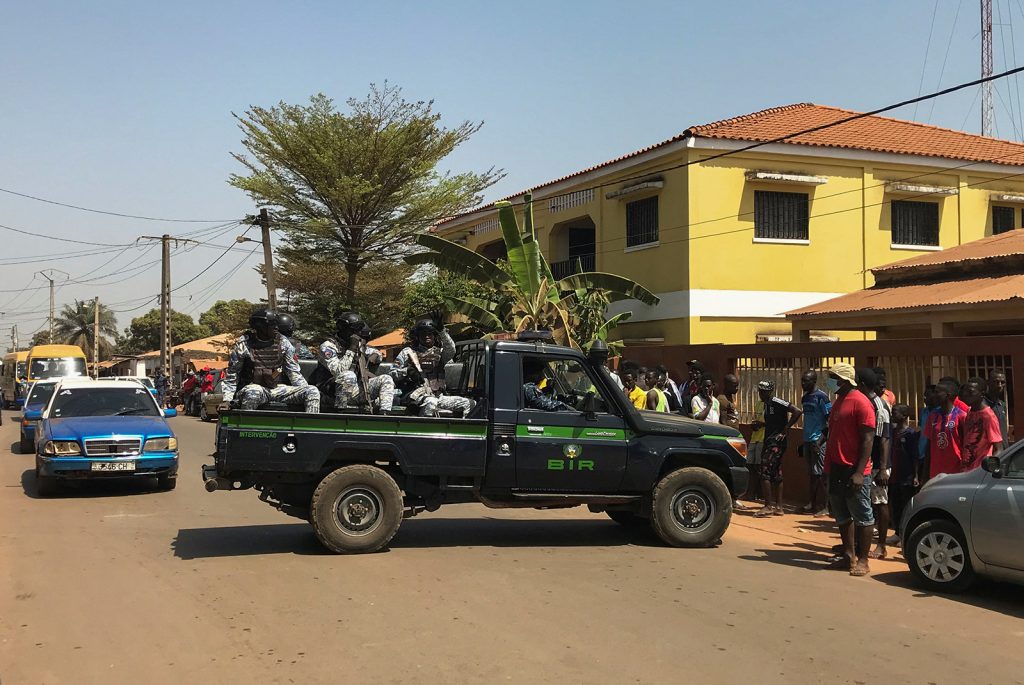
Coups in Africa appear to be a continuation of political process and leadership by another means, understood through the lens of neocolonialism.
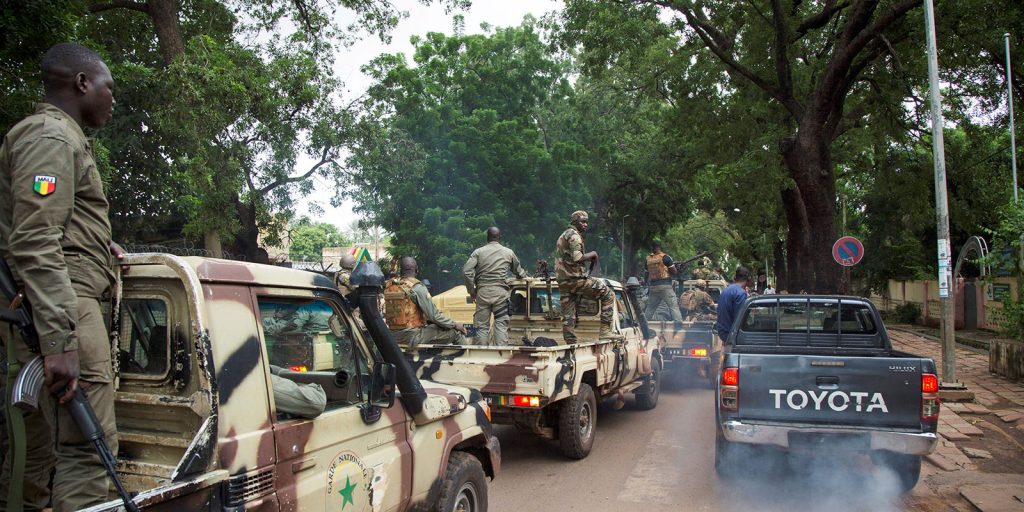
The recent spate of coups witnessed on the continent has triggered a number of questions including whether we are witnessing a return of coups, what explains the coups and what to make of their apparent popular support.
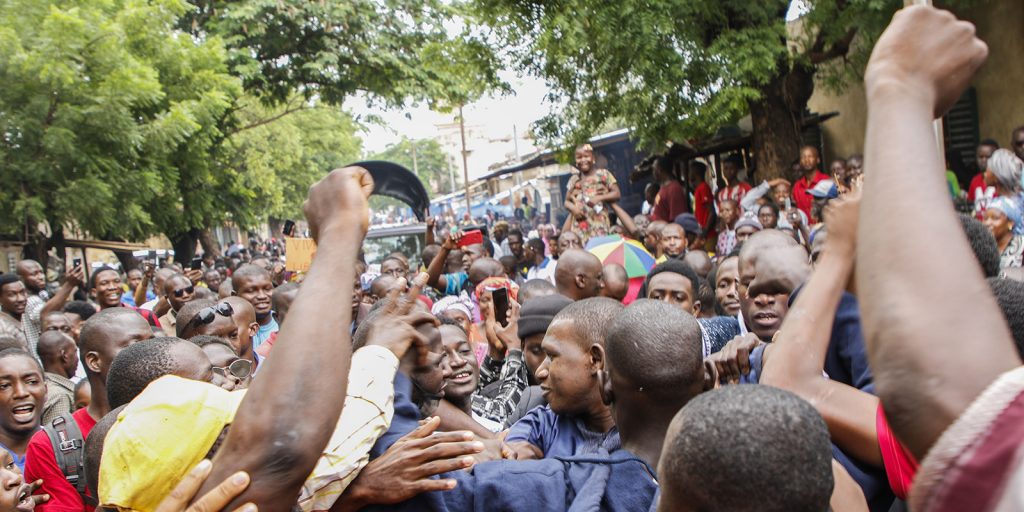
Africa has experienced six military coups and two attempted coups. These events represent a sharp rise in such contested political transitions over the previous 10-year period and indicates the possibility of further instability on the continent.

The recent resurgence of coups and coup attempts in Africa highlights the challenges of the African Union’s framework on Unconstitutional Changes of Government.

Political and constitutional reforms in West African countries challenges the role of ECOWAS in advancing democracy and stability in the region.
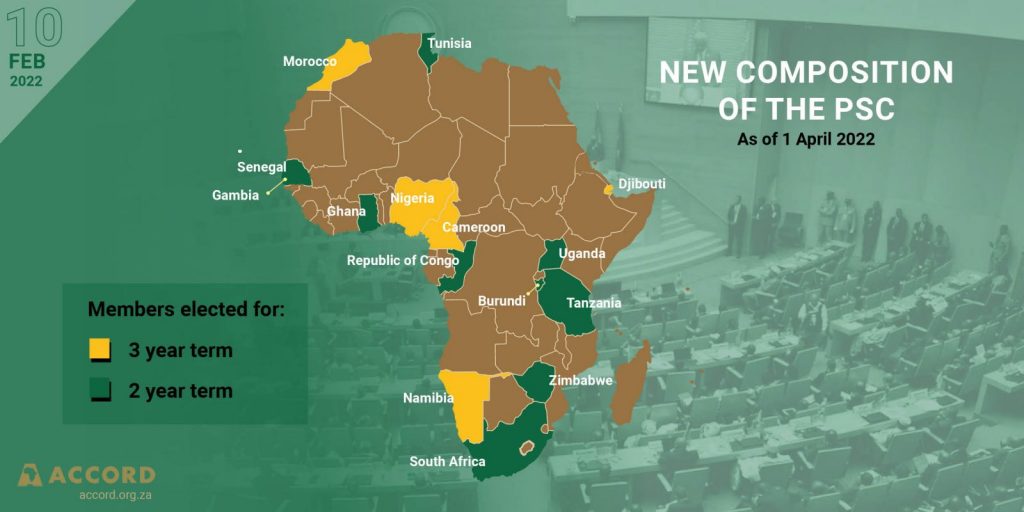
African leaders met at a particularly trying time for the continent. Notable deliberations and decisions emerged from the Summit. Leadership changes occurred in the top echelons of the institution.

A new cold war is emerging, characterised by a new arms race, space race, cyber-technology race, and an age-old race for land, resources, and influence. Once again Africa finds herself a pawn…this time in an emerging new world dis-order.
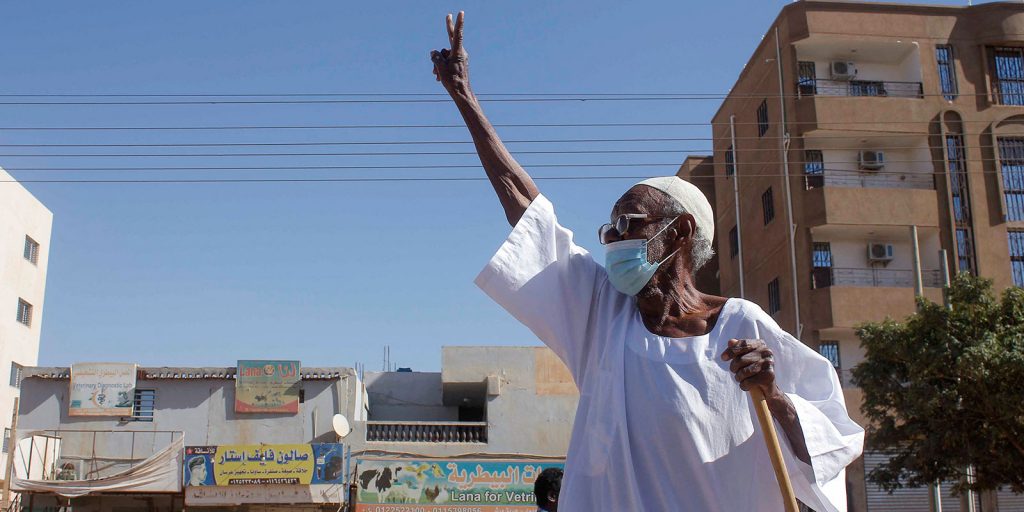
Restructuring how Sudan is governed is essential to placing Sudan on the right course towards sustained democracy, especially given the military’s restructuring process that has been in play for over 50 years.